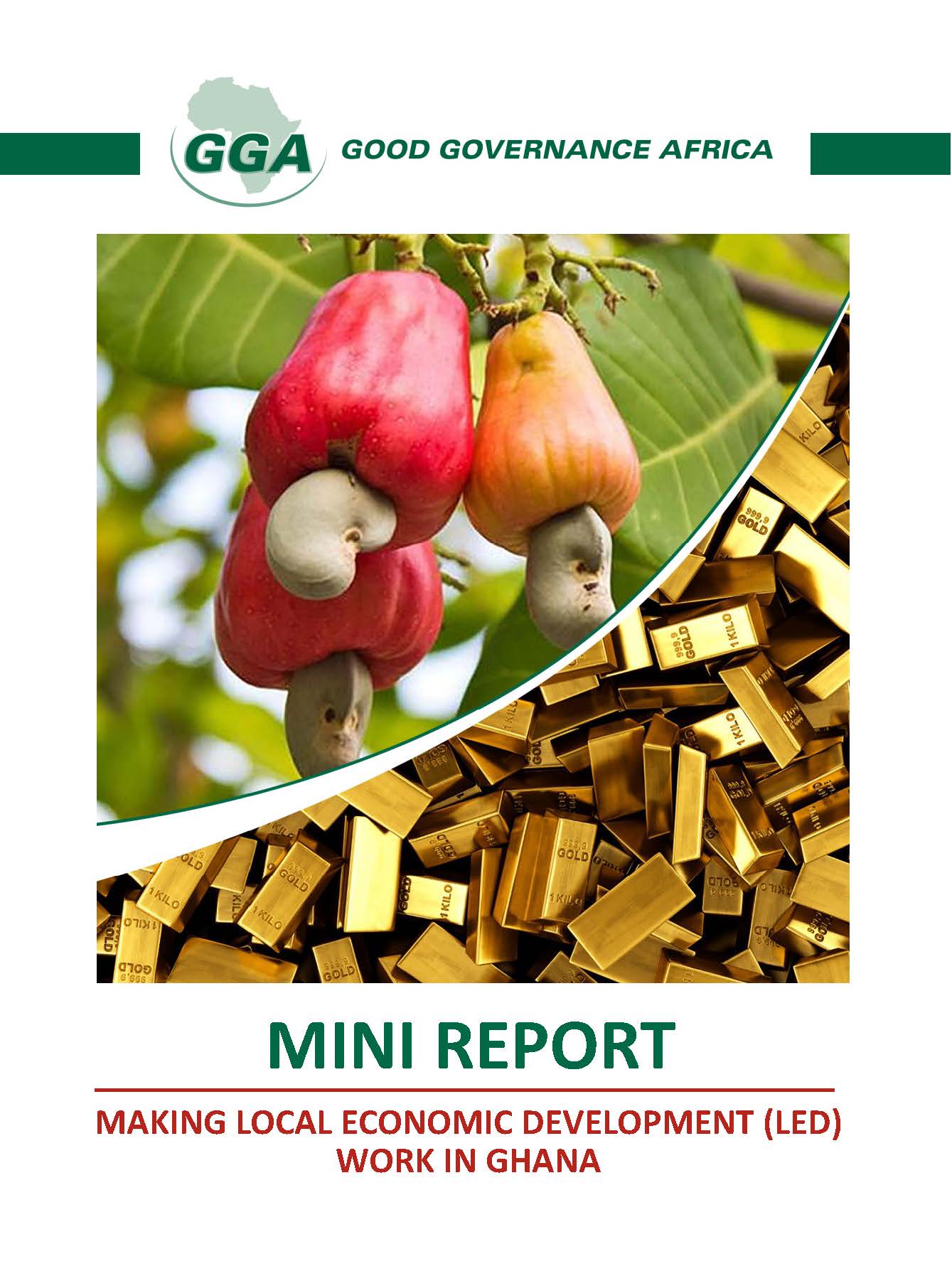Making Local Economic Development (LED) work in Ghana
Local Economic Development (LED) currently, has no unified definition and development practitioners, international institutions and researchers have diverse perspectives on LED. The different operational definitions on LED are influenced by the entities unique approach to LED. Globally, some organisations such as the United Nations describe LED as a locally-owned, bottom up process by which local stakeholders from the public and private sector and civil society work together to support sustainable economic development (UN-Habitat, 2016). Whiles the International Labour Organisation (ILO) also views LED as a participatory development process that ultimately leads to decent work (ILO, 2006).
Researcher and development practitioner, Bartik (2003), explained that LED is about local capacity building that strengthens small and medium-sized enterprises through skills building and networking for wealth creation. Similarly, according to Trah (2004), LED is a territorial concept and part of local development or regional management, specifically aiming to stimulate the local economy to grow, compete and create more jobs, by making better use of locally available resources. Among the research community, the different perspectives on LED emerge from their distinctive disciplines.
Despite the different views on LED, they all converge on some common characteristics. These common characteristics suggest that LED is a participatory and inclusive process drawing on multiplicity of actors and stakeholders within a territorially defined area and adopts a bottom-up approach to create room for local input into governance and decision-making, and whose purpose is to build entrepreneurial capacity, improve opportunities for economic growth and the quality of life of the local citizens. LED works towards achieving multiple Sustainable Development Goals (SDGs).
It is particularly instrumental in advancing SDG goal 11 (on making cities and human settlements inclusive, safe, resilient and sustainable) and SDG goal 8 (which aims at inclusive growth and decent work for all) (UNDP, 2015). The objectives of the LED process can be economic growth, business creation, employment generation, engendering innovation, or combinations thereof. LED is important and key to sustainable growth, poverty reduction and the elevation of indices of the wellbeing of people and the society.












